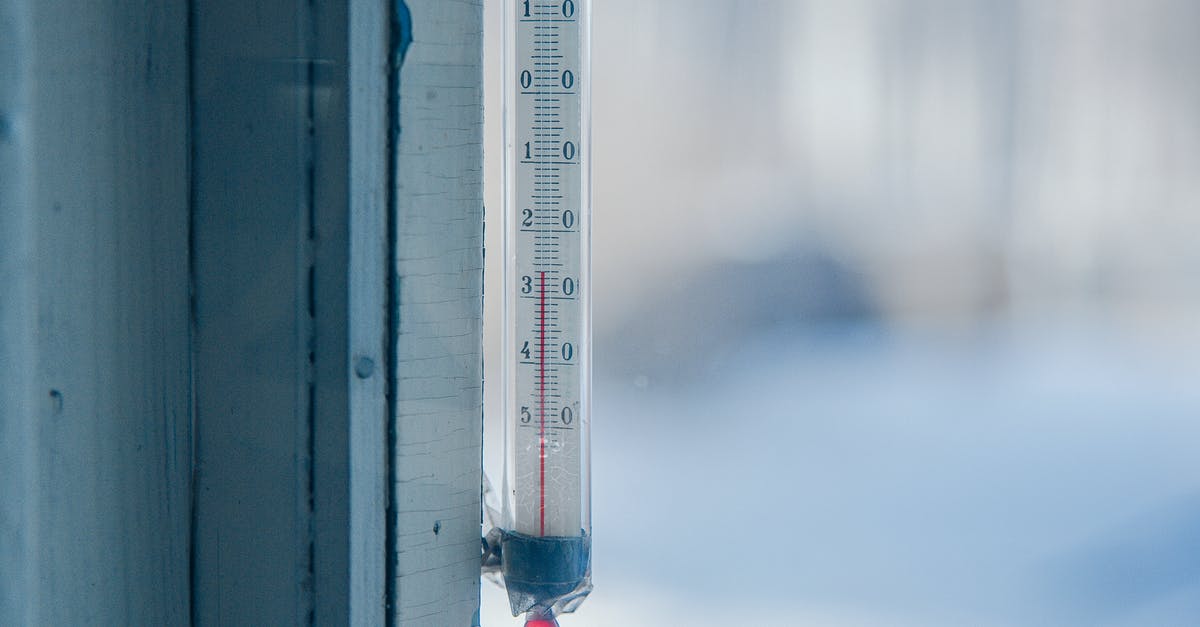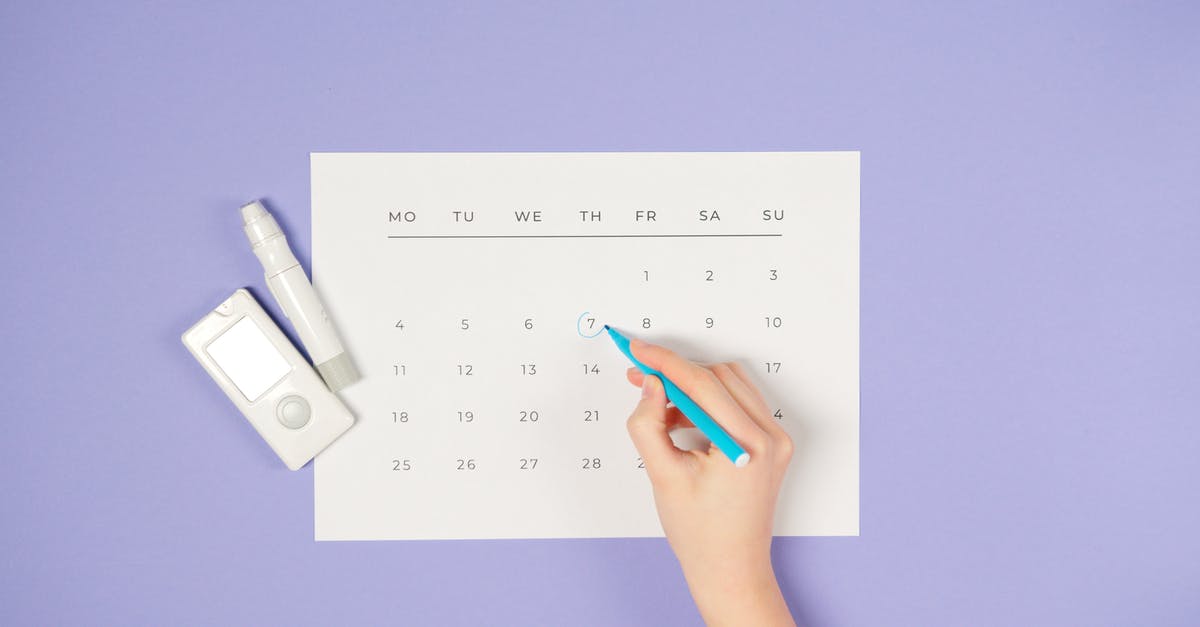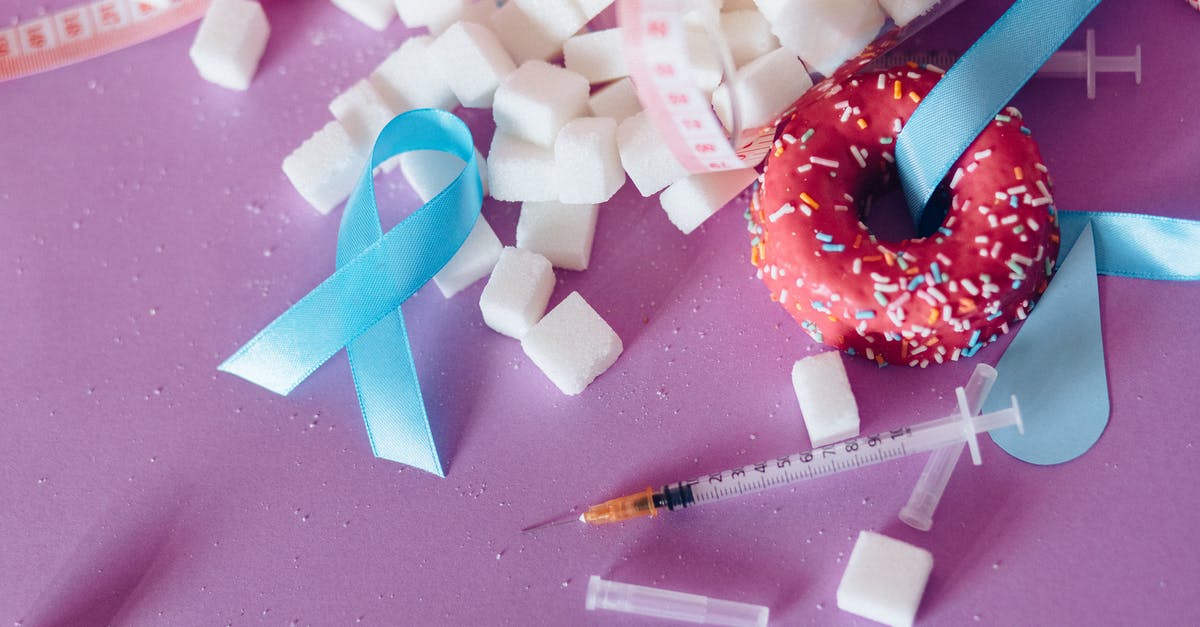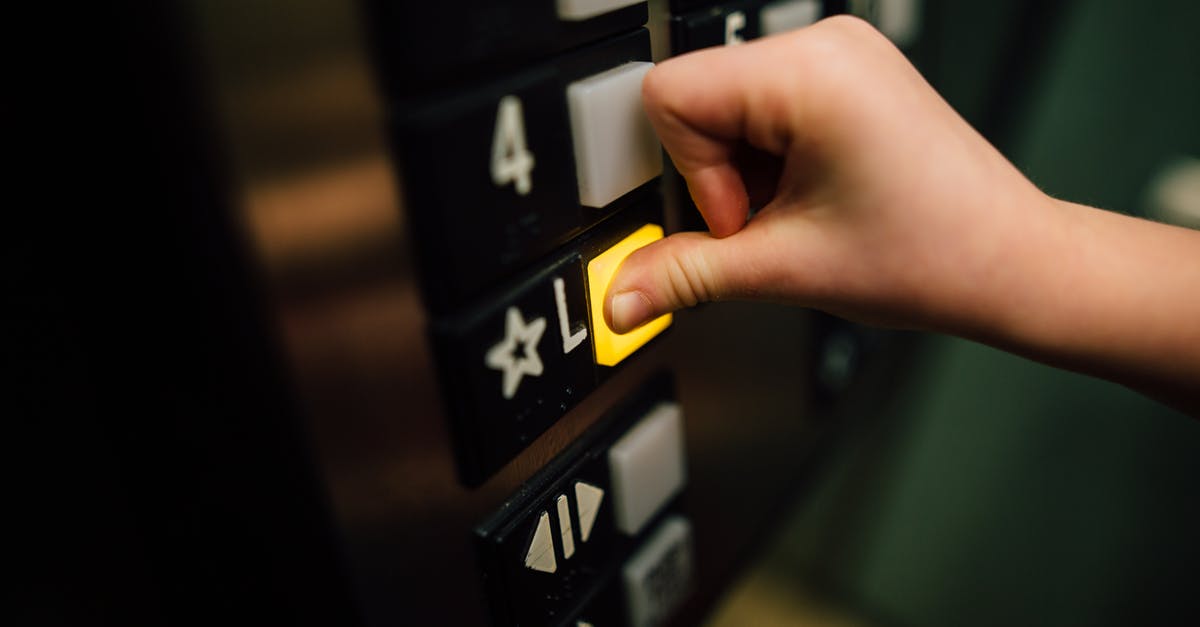Reasonable level of inaccuracy in thermometer?

A little over a year ago I purchased an expensive digital scale / thermometer combo: http://www.breville.com.au/thelittlegeniustm-kitchen-scale.html
It works fine however recently I took a go at testing the thermometer to see if it was reading accurately. I fill a pan up with water and left the probe sitting in, waiting for the water to boil.
When the water was a rolling boil, the thermometer was only reading about 94C or 96C (can't remember which one, will do another test tonight), which was disappointing given the cost of the product.
The scale has a five year replacement warranty so I sent an email through to the customer support department. This was their response:
Thanks for your enquiry.
The temperature probe tolerance is +/- 5 percent and there is no way of resolving this.
Hope this helps with your enquiry.
Personally, I find this hard to believe and couldn't see it specified anywhere on their website. The thermometer is stated to work up to temperatures of 150C, which, means it could vary as much as 7.5C at that level...
Given that the thermometer gives reading to one decimal point (i.e. 96.6%) it seems ridiculous to accept that the temperature could actually be anywhere between 91.X% to 100.X%.
Is this to be expected with food thermometers or should I argue my case? Are there any other reliable thermometers I can use as a point of reference?
EDIT: Did some further testing over the weekend. I tested it again in a shallow pot of boiling water and it was hovering around the 96C mark. After filling the pot so that most of the probe would be submerged, it began to hover between 97C and 97.5C.
I also tested it in a cup full of ice cubes and it read 0.0C...
Best Answer
That is ridiculous. 5% is simply too large for an acceptable margin of error. I'll accept 2 degrees F tops, and I have never spent that much on a thermometer.
If you want to spend that kind of money, this one won America's Test Kitchen testing:

That's the Thermopen. It's accurate to less than a degree F and it gives a reading in 3 seconds.
These two thermometers tied the testing for less expensive thermometers. They are both also accurate to less than a degree F.
RT600C Super-fast Water-resistant Digital Pocket Thermometer
CDN DTQ450X ProAccurate Quick-Read Thermometer
Incidentally, this is my scale. Amazon tells me that I bought it in July of 2011. I highly recommend it, it's spookily accurate. That scale, a dollar store timer and one of the recommended lower cost thermometers would pretty much wipe the floor with your product at significantly less than half the price, and would be more convenient to use. I want a timer I can put in my pocket, and a thermometer I can bring to something on my oven shelf without bringing my scale along for the ride.

To me, that makes no sense, imagine trying to gauge the doneness of a Thanksgiving turkey with that thing! Never mind that you can't trust the reading.
Pictures about "Reasonable level of inaccuracy in thermometer?"



What is the acceptable tolerance when calibrating a thermometer?
Thermometers should be calibrated: before use; if dropped; when going from one temperature range to another; and after a long storage time. In most applications, a thermometer should be within \xb11\xb0F or \xb10.5\xb0C when compared to the reference thermometer used for calibration.What is the accuracy range for a thermometer?
Tympanic thermometer readings are typically 0.5\xb0F (0.3\xb0C) to 1\xb0F (0.6\xb0C) higher than oral temperature readings. Axillary thermometer readings can be 0.5\xb0F (0.3\xb0C) to 1\xb0F (0.6\xb0C) lower than oral temperature readings (and may be the least reliable).What is a normal forehead temperature?
While typically 98.6\xb0F (37.0\xb0C) is considered a \u201cnormal\u201d temperature, some studies have shown that "normal" body temperature can be within a wide range, from 97\xb0F (36.1\xb0C) to 99\xb0F (37.2\xb0C). Before NCITs are used, it is important to understand the benefits, limitations, and proper use of these thermometers.How accurate are non contact thermometers?
The sensitivity and specificity for the non-contact thermometer is 97%. The negative predictive value is 99%, which is especially important to rule out fever and avoid unnecessary laboratory work-up.The Liquid in Glass Thermometer - How it Works
Sources: Stack Exchange - This article follows the attribution requirements of Stack Exchange and is licensed under CC BY-SA 3.0.
Images: Ivan Babydov, Artem Podrez, Nataliya Vaitkevich, Kelly L
